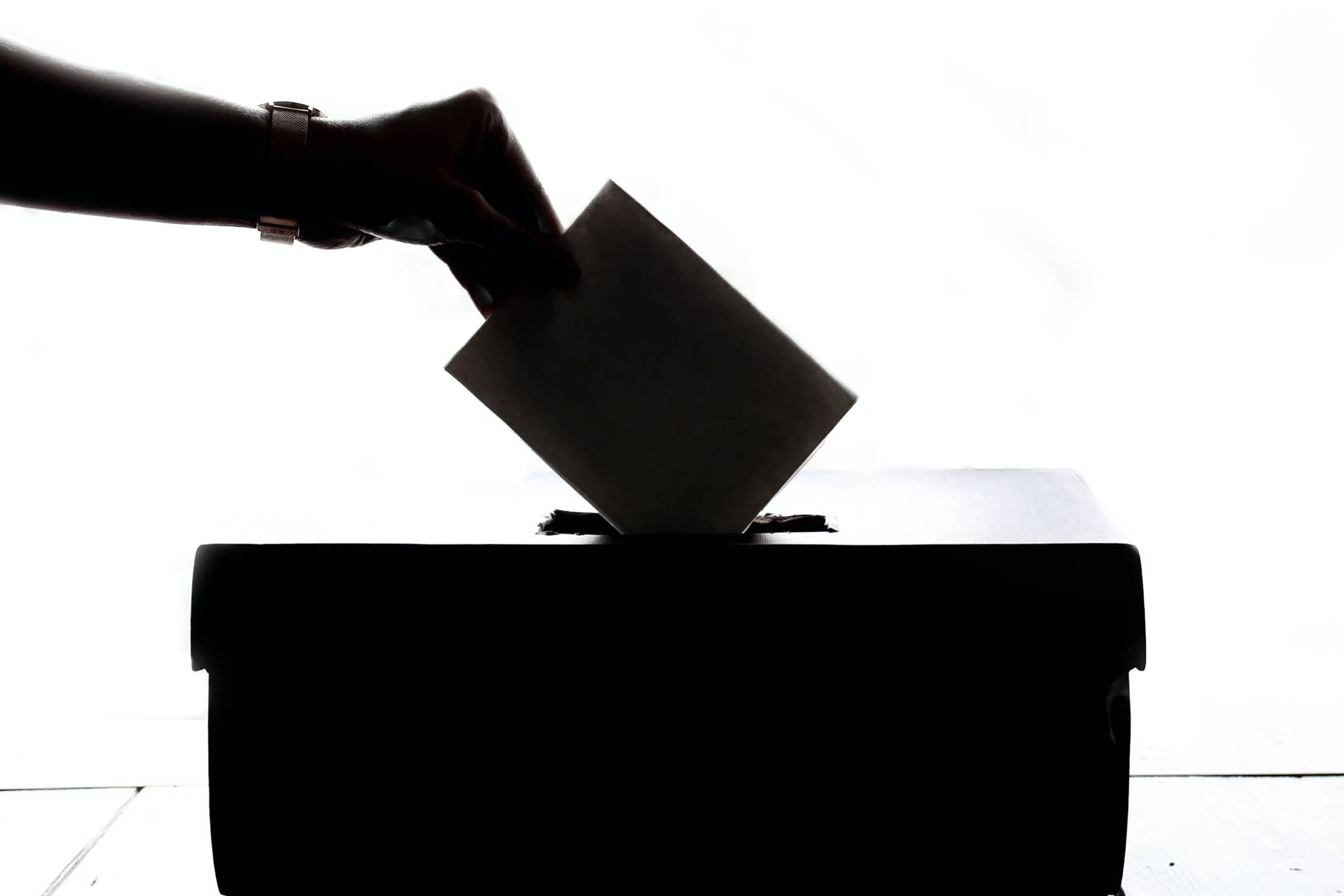America First will be the major and overriding theme of my administration,” Donald Trump proclaimed on the campaign trail in 2016. This year it’s the Lincoln Project, and groups like it, claiming to put the health of America’s constitutional democracy first. Ahead of party, ideology and the unique interests of every state. Topped off with the perfectly appropriate irony of opposing Trump’s reelection.
The Lincoln Project is a group of longtime Republican operatives who walked away from the party in disgust after Trump won the nomination for president four years ago. They’ve come to Alaska to endorse Al Gross for the U.S. Senate. Which means they believe reelecting Sen. Dan Sullivan isn’t in America’s best interest.
This unusual political alliance is an example of an intense debate within the Never-Trump movement. Mona Charen described it as whether conservatives should “punish the entire Republican party by voting straight-ticket Democrat, or merely vote against Trump.”
The Lincoln Project is in the first camp. Thus, they’ve targeted Sullivan. And should follow by endorsing Alyse Galvin in her bid to unseat Rep. Don Young.
Despite their tactical disagreement, Bret Stephens of the New York Times succinctly stated the goal they share during a “Bulwark” podcast that Cheran hosted. “Every democracy needs a healthy conservative movement,” he said. “Conservatism is as much as matter of psychology as it is an ideology — in the mold of Reagan and Thatcher, not Le Pen or Trump.”
Although the names at the end would be different, liberalism could be inserted in the place of conservatism is both statements. When rightfully respected, they push each other toward the always elusive goal of perfection. That constant challenge is an antidote to the blind spots curated in the echo chambers that surrounds party loyalists.
There’s also an argument Stephens made in June that’s relevant here. It was during the controversy over the removal of historical statues. “Some deserve to be toppled,” the tagline to the article stated. “But monuments to those who sought to make the union more perfect should stand.” As citizens, it’s our responsibility to “make intelligent distinctions” between those and the statues of individuals who made the nation less perfect.
Stephens agreed Confederate statues must go. Rightly condemned the liberal protesters in Madison, Wisconsin, who pulled down one of abolitionist Hans Christian Heg. And stated that despite George Washington and Thomas Jefferson being slaveholders, it’s “impossible to imagine any union, much less the possibility of a more perfect one without them.”
Statues of Andrew Jackson and Teddy Roosevelt weren’t so simple. “Both were avowed racists,” Stephens acknowledged. But Jackson’s fight for economic equality, and Roosevelt’s policies on conservation and busting monopolies, made them “the two most progressive presidents of their times.”
Obviously, the Never-Trump congressional debate isn’t about the distant past. But there are two ways a similar test can be applied to Republican members up for reelection.
The first is whether they’ve moved the conservative movement toward perfecting itself. Yes, they got the judges and tax cuts they wanted. But fiscal responsibility, free trade, and the constitutional balance of power went out the window. And a party that once championed character and decency sold its political soul to a charlatan and bully.
Under Trump’s authoritarian control, it’s not only politically incorrect for members to criticize him. He’s got bouncers roaming the halls of Congress to keep them in line.
A few weeks ago, Reps. Jim Jordan, R-Ohio, and Matt Gaetz, R-Florida, demanded Rep. Liz Cheney, R-Wyoming, resign as Conference Chair, the third highest Republican position in the House. Her offense wasn’t a betrayal of conservative values. Rather, she questioned Trump’s troop withdrawals from Afghanistan and Germany. And defended the expertise of Dr. Anthony Fauci, who Americans overwhelmingly trust more than Trump to give an honest assessment of the COVID-19 pandemic.
Sullivan and Young aren’t front-line defenders of Trump. But it’s not clear if they agree with his actions that are inconsistent with conservatism. Think his erroneous assertions about the pandemic are accurate. Or simply prioritize avoiding his wrath.
My hope is Alaskans make the intelligent distinction between those who think it’s sufficient to rest on the laurels of party affiliation and loyalty to its leader. And their opponents who genuinely seek to build a more perfect democracy of American states.


